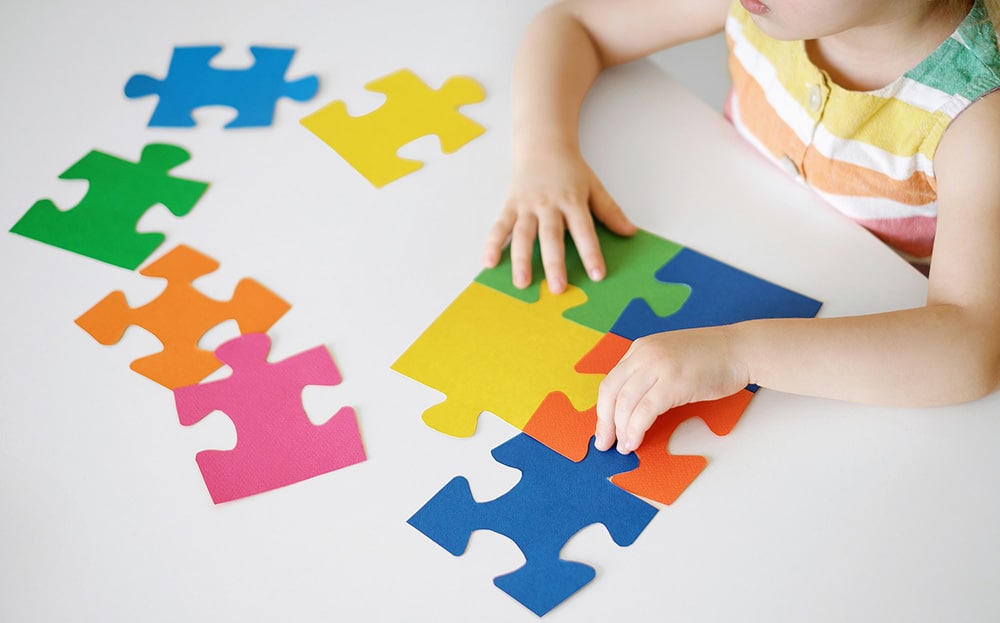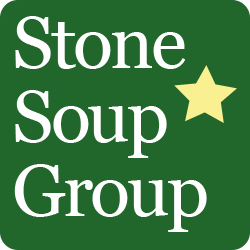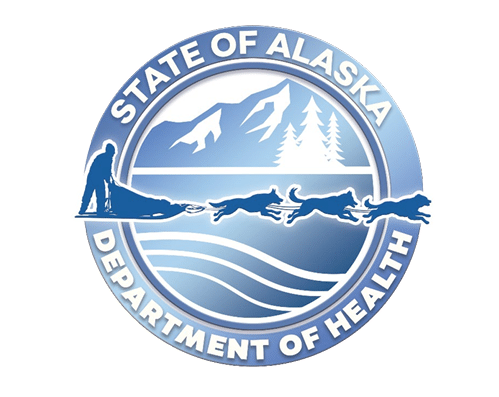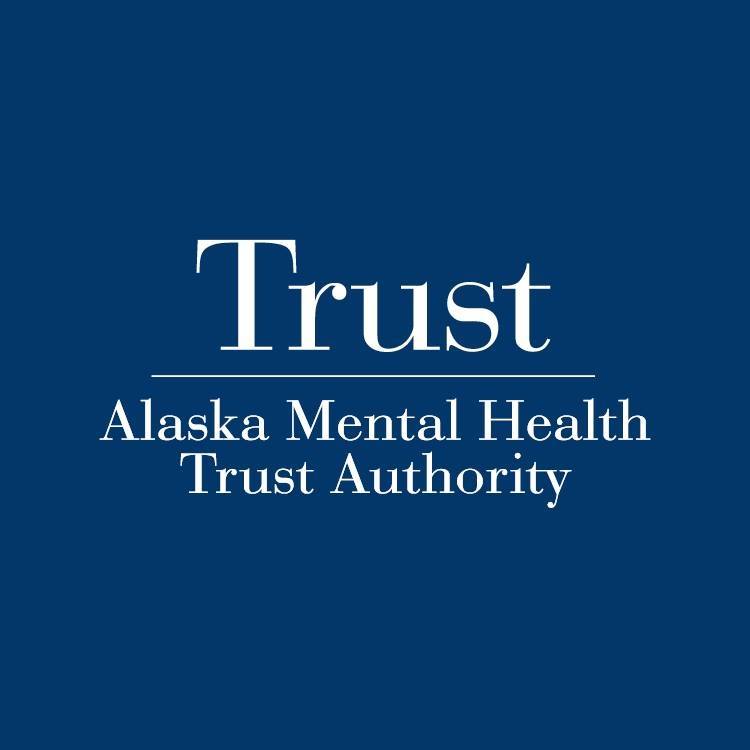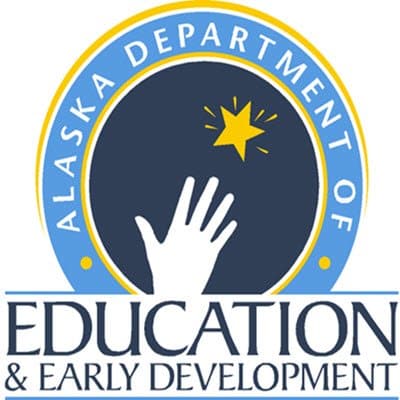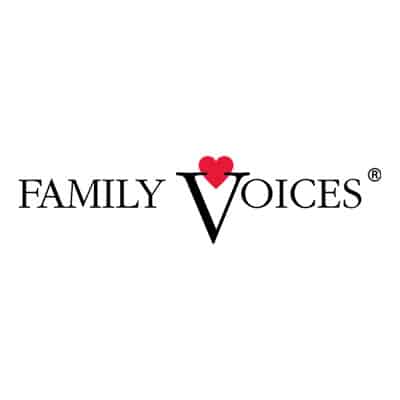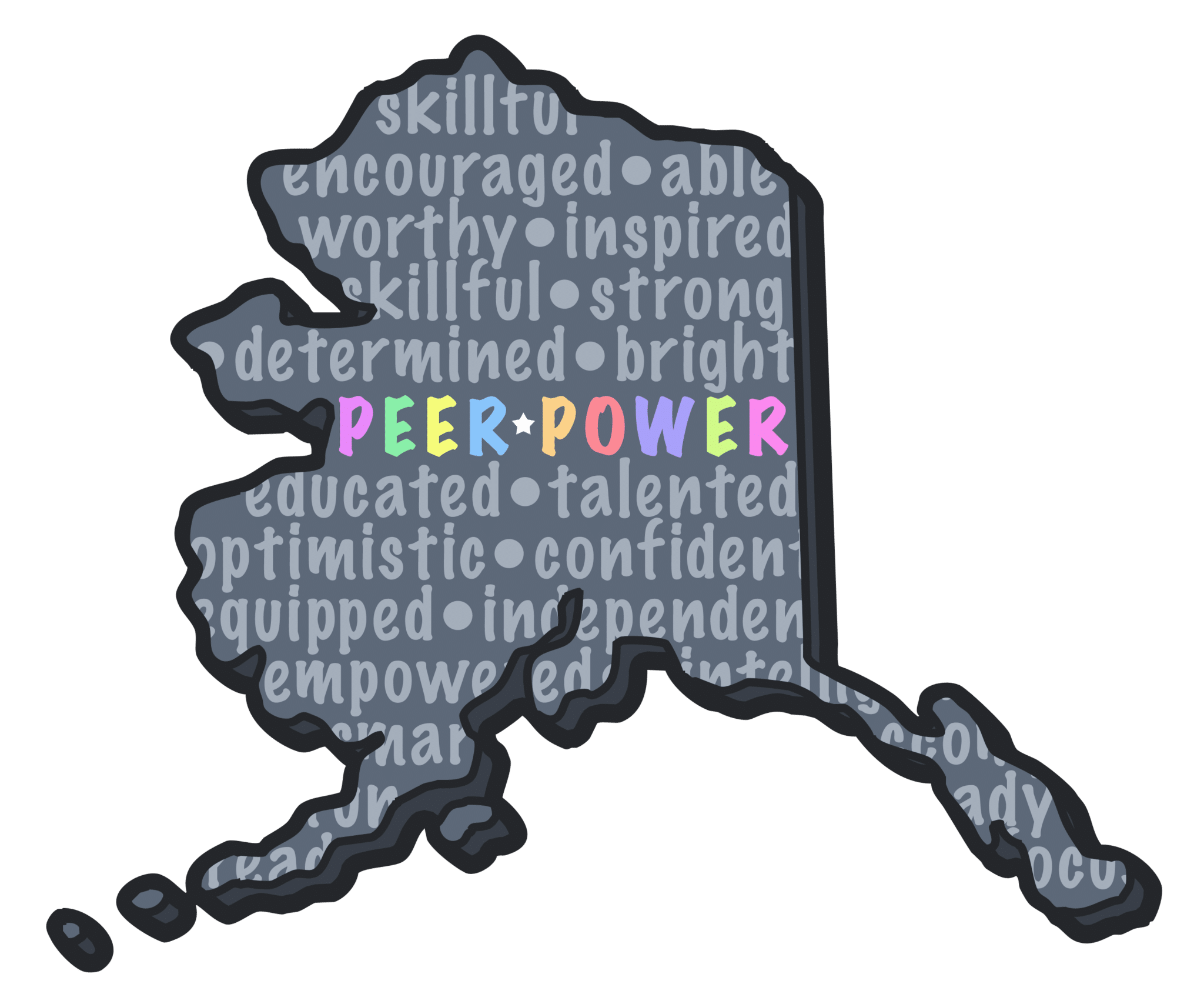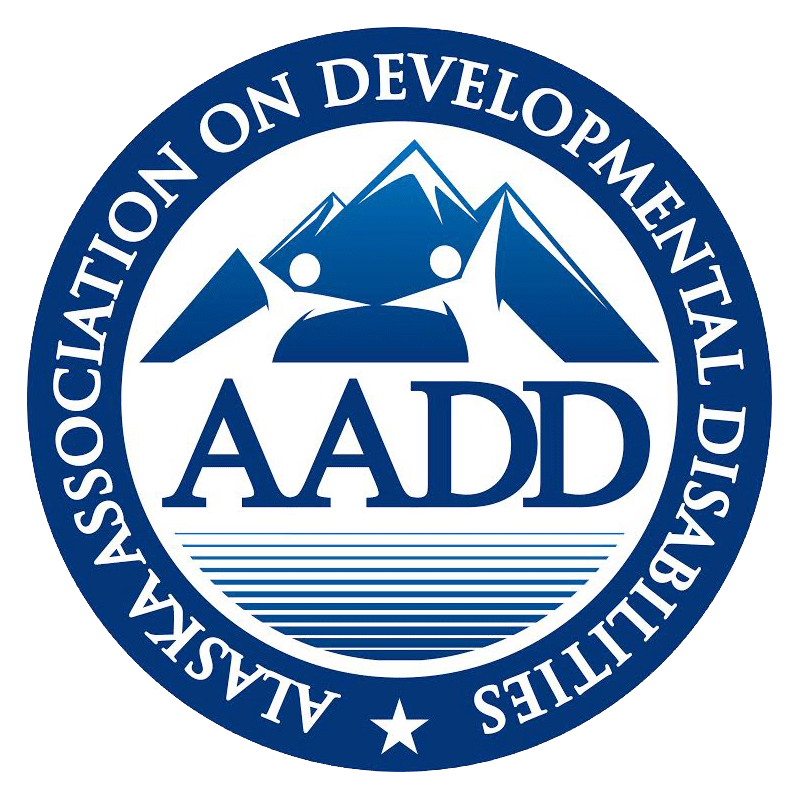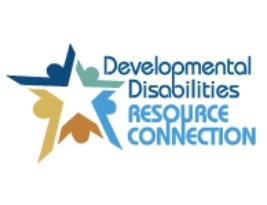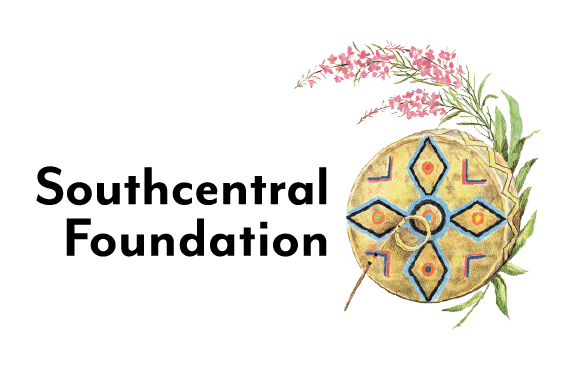The Brain Injury Association of America says an acquired brain injury (ABI) is an injury to the brain that is not hereditary, congenital, degenerative, or induced by birth trauma – it is a brain injury that has occurred after birth. There are two types of acquired brain injury: non-traumatic (often called acquired) and traumatic.
A non-traumatic brain injury, often called acquired brain injury, causes damage to the brain by internal factors, such as a lack of oxygen, exposure to toxins, or pressure from a tumor.
According to the CDC, a traumatic brain injury, or TBI, is an injury that affects how the brain works. It may be caused by a bump, blow, or jolt to the head or a penetrating injury.
TBI affects children differently than adults. An injury of any severity to the developing brain may:
- Disrupt a child’s development
- Limit their ability to participate in school and other activities, like sports
A TBI can cause children to experience changes in their health, thinking, and behavior that affect learning, self-regulation, and social participation.
Early Intervention and Treatment
All TBIs require immediate assessment by a professional who has experience evaluating head injuries.
Many factors—including the brain injury’s size, severity, and location—influence how it is treated and how quickly a person might recover. The NIH outlines treatments based on various factors and the severity of the injury.
According to NIH, children might be unable to let others know that they feel different following a blow to the head. A child with a TBI may display the following signs or symptoms:
- Changes in eating or nursing habits
- Persistent crying, irritability, or crankiness; inability to be consoled
- Changes in ability to pay attention
- Lack of interest in a favorite toy or activity
- Changes in sleep patterns
- Seizures
- Sadness or depression
- Loss of a skill, such as toilet training
- Loss of balance or unsteady walking
- Vomiting
CDC Traumatic Brain Injury & Concussion: resources and facts
Alaska Traumatic and Acquired Brain Injury (TABI) Program: resources and information
University of Alaska Anchorage – Cener for Human Development / State of Alaska Brain Injury Partnership: The goal of this project is to increase capacity in Alaska to provide a continuum of care for individuals with brain injury and their families across the lifespan with services that are culturally responsive, person-centered, comprehensive and coordinated.
TBIHelpAk: This is a provider location tool for families and individuals to find medical and other providers who have knowledge and / or experience in working with TABI’s
The Concussion Guidebook for Alaska Patients & Caregivers: This is a practical resource for anyone who has or is caring for someone with a concussion. It has a wealth of information and resources for recovery after a mild or moderate head injury.
Return to School: This is a partnership between Alaska and Oregon (CBIRT) to assist in getting children and youth the right protocol and process to recover and get back into the school environment and return to learning. Includes videos and other tools for parents, educators and coaches.
The Youth Brain Injury Program at SERRC: This program offers leadership, educational resources, training and consultation on brain injury.
Concussion Legacy Foundation: Theirmission is to support athletes, veterans and all affected by concussions and CTE. They have Alaska based resources and virtual support groups.
Center for Parent Training and Information:
resources, information related to school services, and support for parents
CDC Heads Up: information to help recognize, respond to, and minimize the risk of concussion or other serious brain injury
State of Alaska Preventing Traumatic Brain Injuries: information and local resources to help find support after a traumatic brain injury
